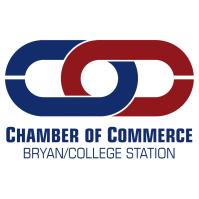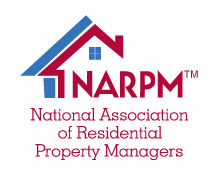Securing Your Investment: Financing Options for Rental Properties – Part 4
In the fourth installment of TNT Properties Real Estate’s series, “Taking the Leap: Finding Courage to Invest in Rental Properties,” we turn our focus to a critical aspect of property investment – financing. Understanding your financing options, gaining insights into mortgages, and effective budgeting are key steps in securing your rental property investment.
Exploring Financing Options
- Conventional Mortgages: Discuss the most common form of property financing – conventional mortgages. Highlight the typical requirements, such as credit scores, down payments, and interest rates.
- Government-Backed Loans: Introduce government-backed loans like FHA and VA loans, which can offer benefits like lower down payments and more flexible credit requirements, albeit with specific conditions.
- Creative Financing: Explore creative financing options such as seller financing, lease options, or using home equity lines of credit (HELOC). These can be alternatives for investors who might not qualify for traditional loans or seek more flexible terms.
Mortgage Insights for Rental Properties
- Interest Rates and Terms: Explain how interest rates and loan terms can impact your investment, including the differences between fixed-rate and adjustable-rate mortgages.
- Pre-Approval Process: Emphasize the importance of getting pre-approved for a mortgage to understand your budget and strengthen your position as a buyer.
- Loan-to-Value Ratio: Discuss the significance of the loan-to-value ratio in rental property mortgages and how it affects your financing options.
Budgeting for Your Investment
- Calculating Total Costs: Guide readers on how to calculate the total cost of investment, including the purchase price, closing costs, renovation expenses, and ongoing maintenance.
- Cash Flow Analysis: Stress the importance of conducting a cash flow analysis to ensure the rental income covers all expenses and generates a profit.
- Contingency Funds: Advice on setting aside a contingency fund for unexpected expenses, vacancies, or market downturns.
Financing your rental property investment requires careful planning and consideration of various options. By understanding the different types of financing available, the intricacies of mortgages, and the importance of thorough budgeting, you can make informed decisions that align with your investment goals. Stay tuned for our next article, where we will delve into finding the right property for your investment.


 Previous Post
Previous Post Next Post
Next Post





